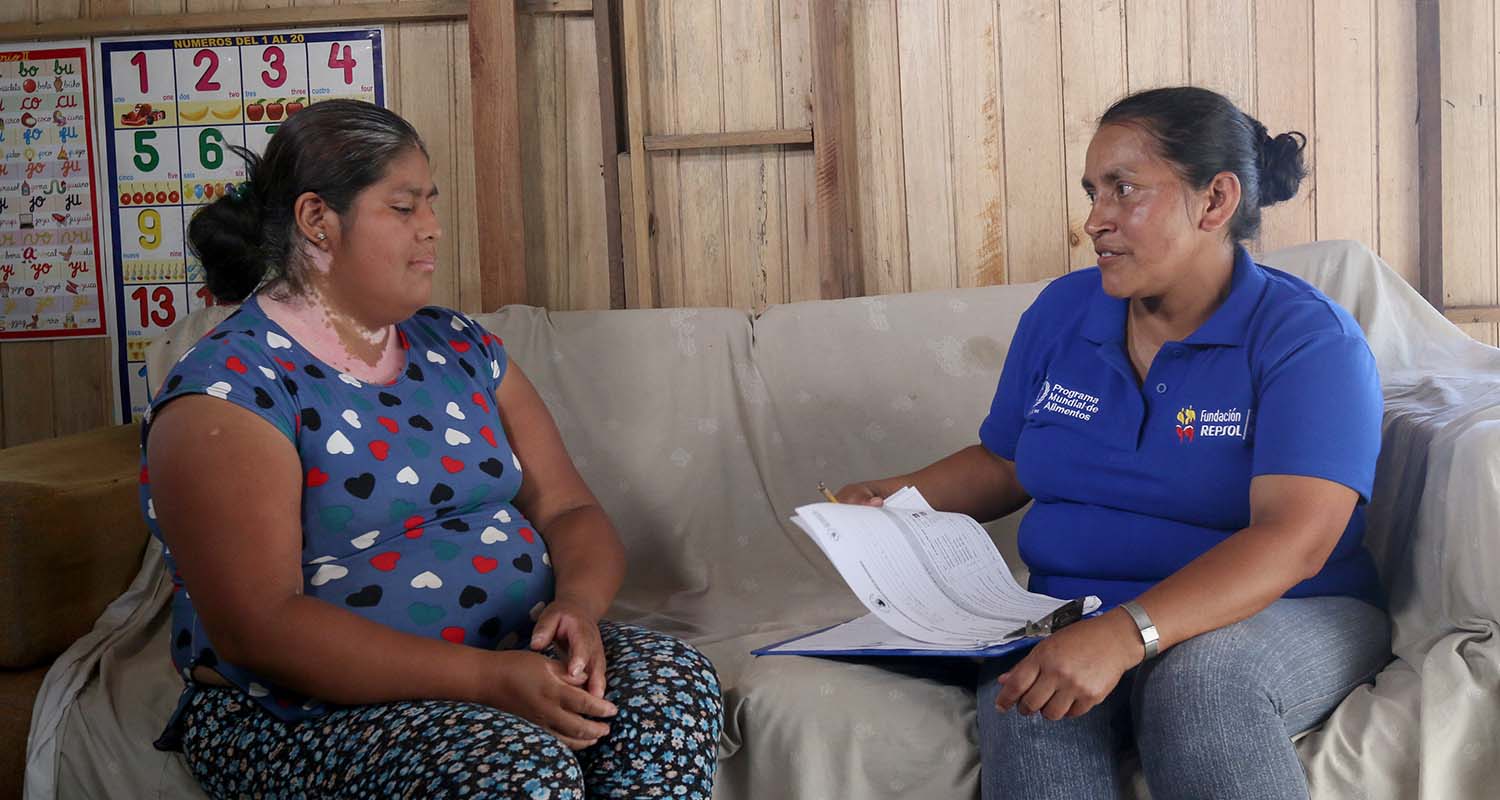Our commitment to human rights is present in our actions
We are committed to respect, anticipation, creation of value, and efficiency. These guidelines for action form the framework that guides the basic behaviour of all of our employees. Ethical conduct is essential, and as approved by our Board of Directors, our code applies to all Repsol board members, directors, and employees, regardless of the type of professional or work contract they have. Suppliers and partners are also required to abide by our regulations and behave ethically at all times to establish legitimate and productive relationships with their own suppliers and other companies with which they maintain a contractual relationship.
We create an environment based on trust and respect for human rights among our employees and communities, which enables our employees, neighbours, and even human rights defenders to communicate their complaints without fear of retaliation.
We promote our grievance mechanisms as the preferred means of conflict resolution with our stakeholders, without recourse to legal proceedings and on the basis of the essential premise that we respect their rights. Moreover, we exhort our contractors and partners to strictly comply with these principles by including human rights clauses in our contracts, while performing social audits and supporting them through awareness-raising activities.
One example is the success story of our communication of the Human Rights policy to our contractors in Bolivia.
Code of Ethics and Business Conduct |PDF| 2.4 MB >
Code of Ethics and Business Conduct for Suppliers |PDF| 1.3 MB >
These codes set out a variety of rights, including:
- Freedom of association and right to collective bargaining
- Rejection of child labor
- Rejection of forced labor
At Repsol, we do not hire people under the age of 18. Our system issues an alert when a date of birth is provided, and an internal control is in place to ensure compliance with this policy.
Our policies, approved by our Corporate Executive Committee, are respectful of the communities in our area of influence. We respect their identity, cultural diversity, different aspirations and needs, and their right to maintain their customs and social practices as laid out in our policy.
Human Rights and Community Relations Policy |PDF| 72.4 KB >
We work to provide increased security to shareholders, customers, employees, and other stakeholders by anticipating, managing, and controlling the risks to which the company is exposed.
Risk Management Policy |PDF| 149 KB>
Protection of Tangible and Intangible Assets |PDF| 35 KB >
Due diligence is an important part of our operations
We are proud that we have mechanisms in place to help us work with due diligence in the area of human rights. We've had a specific internal policy on human rights since 2013. The assessment regulations are especially important in ensuring that human rights risks are identified throughout the life cycle of our projects, from design to dismantling. According to the United Nations Guiding Principles, due diligence is the process that helps us assess the real and potential effects of our activities. In accordance with due diligence, we analyse the context and specific social, economic, and cultural aspects in the countries where we operate, we assess our impacts, and we work under the commitment to maximize positive consequences while minimizing or mitigating the negative ones.
Impact assessment and management
We anticipate and prevent negative impacts thanks to our grievance mechanisms
In order to attend to information requests, claims, concerns, and complaints from the communities in our areas of influence, we set up operational-level grievance mechanisms in the countries where we are present, adapted and accessible in the appropriate languages for every context.
These operational-level grievance mechanisms are a contribution to fulfilling the responsibility to respect human rights that all companies have and provide feedback on the effectiveness of the human rights due diligence process. Additionally, these mechanisms allow us to anticipate and respond to relatively minor incidents arising from our activity before they escalate, and provide early reparations to the affected parties.
Learn about our grievance mechanisms
We report our policy commitments to our stakeholders
Our policy is the foundation of all our work in human rights. Therefore, throughout the engagement process with authorities, local communities, and other interested parties in all the stages of the life cycle, we disseminate the content of our Policy as the starting point of our human rights due diligence processes.
In addition, we have training materials on human rights and the 2030 Agenda for Sustainable Development freely available on our website to provide our suppliers, partners, and contractors, as well as any interested party or society in general, with more in-depth information on these issues.
Some examples of how we disseminate our policy among our stakeholders include: sessions carried out in Ventanilla, Peru as part of a human rights study after the oil spill at the La Pampilla Refinery, targeted training for contractors in Bolivia, and communication during the participatory studies on human rights held by the Renewables business in Spain with local corporations and communities.
We encourage respect for human rights in our work
All employees eligible for the short-term incentive, including board members and senior managers, have among other goals the achievement of targets related to diverse talent. Specifically the goals for 2025 are related to parity in hiring, female leadership, and young talent.
